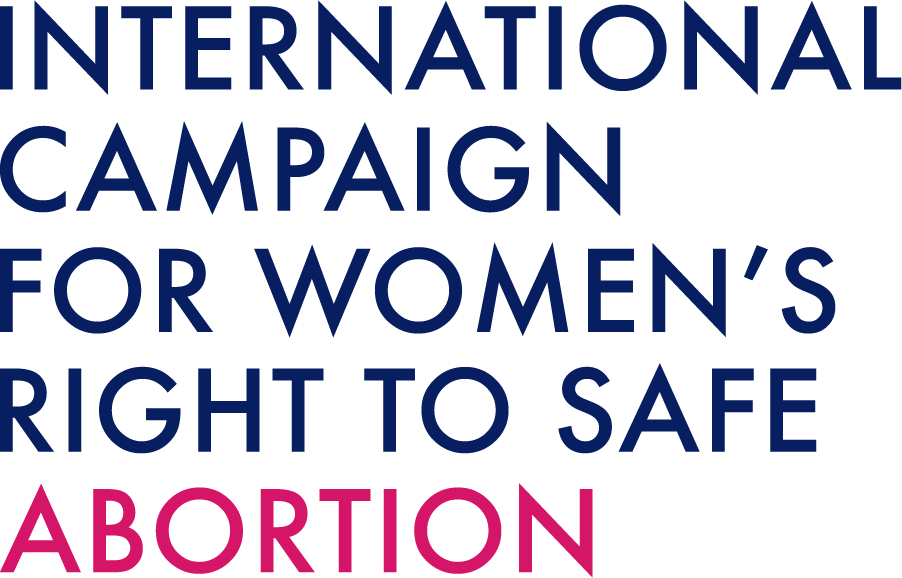
Limited knowledge and barriers to contraceptive use in the Republic of Moldova

A study conducted by CBS-Research and the Center for Health Policy and Analysis highlights the obstacles that influence the use of contraception methods among vulnerable groups in the Republic of Moldova. These include poor sex education, based on myths, and information taken from unofficial sources.
“Many women agree to talk about contraceptives only when they come to terminate their pregnancy”
Vulnerable groups and access to contraceptives
In Moldova, 12 vulnerable categories, including young people under 24 years of age, people with low incomes, women from risk groups, people with HIV or those with disabilities, can benefit from contraceptives free of charge through family doctors. However, the research identifies multiple barriers, such as:
- Fear and reluctance to hormonal methods.
- Prevalence of unsafe methods such as interrupted coitus.
- The popularity of the “morning-after pill” as a contraceptive method.
Factors that hinder progress
While reproductive health legislation is robust, implementation remains poor. Dr. Rodica Comendant, director of the Reproductive Health Training Center, emphasizes the lack of promotion of contraceptives and the reluctance of medical personnel towards modern methods.
Cultural issues and accessibility
Privacy remains a major concern, especially in small communities. Adolescents and people with HIV avoid going to their family doctors or local pharmacies for fear of being judged. Proposals to improve distribution include the involvement of social workers and other community workers.
Consequences of lack of contraception
The study indicates a link between not using contraceptives and:
- Increasing the incidence of sexually transmitted diseases.
- Continued use of abortion as a method of fertility regulation.
The role of men and sex education
Informing men about contraception is almost non-existent. Promoting it in institutions such as the military or the police could contribute to a better understanding and support of reproductive health.
Conclusion:
Although the abortion rate is decreasing, it is due to the decrease in population and infertility, rather than the use of modern methods of contraception. A change of approach is essential, with a focus on education, privacy, and community engagement.




















